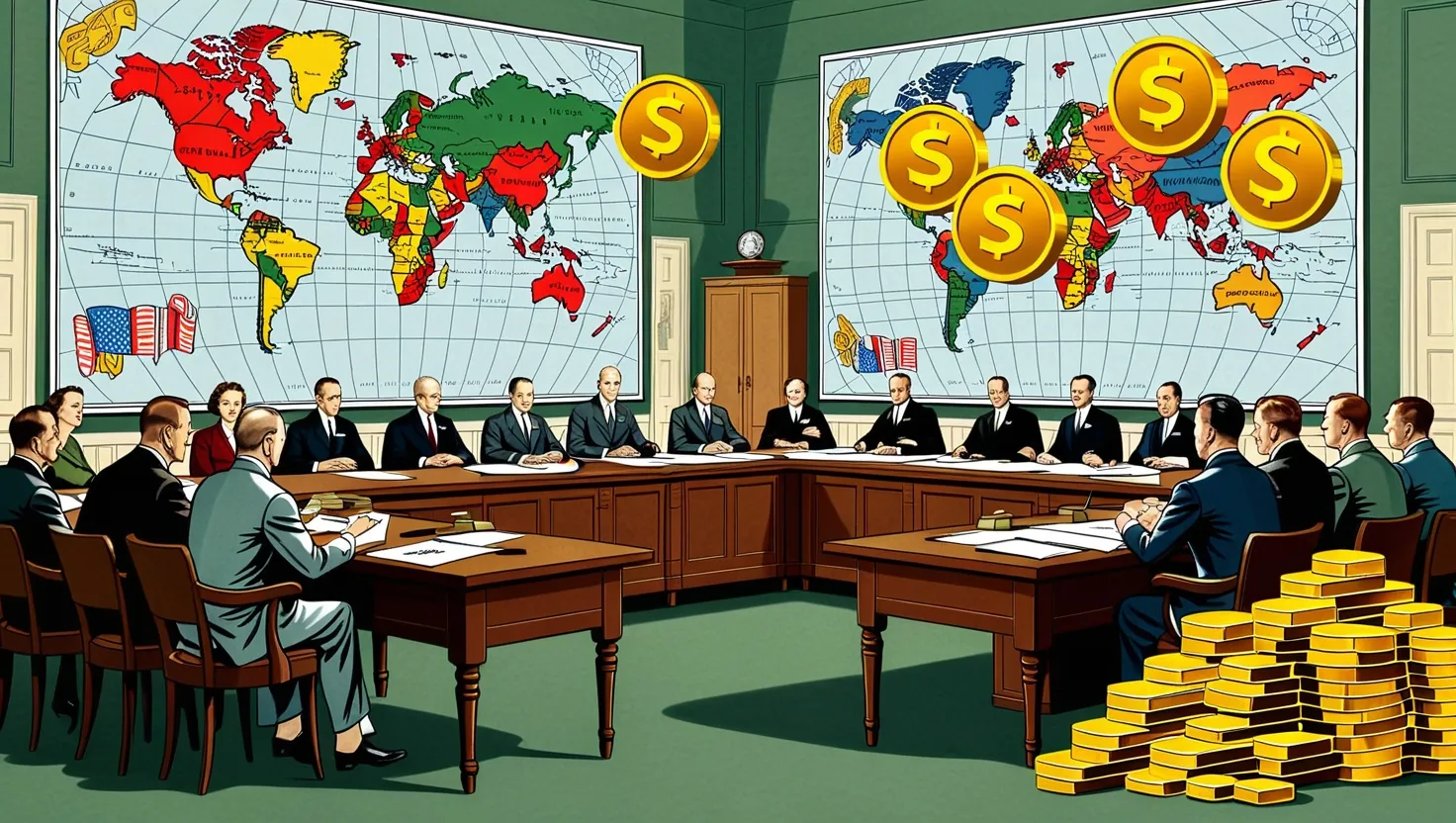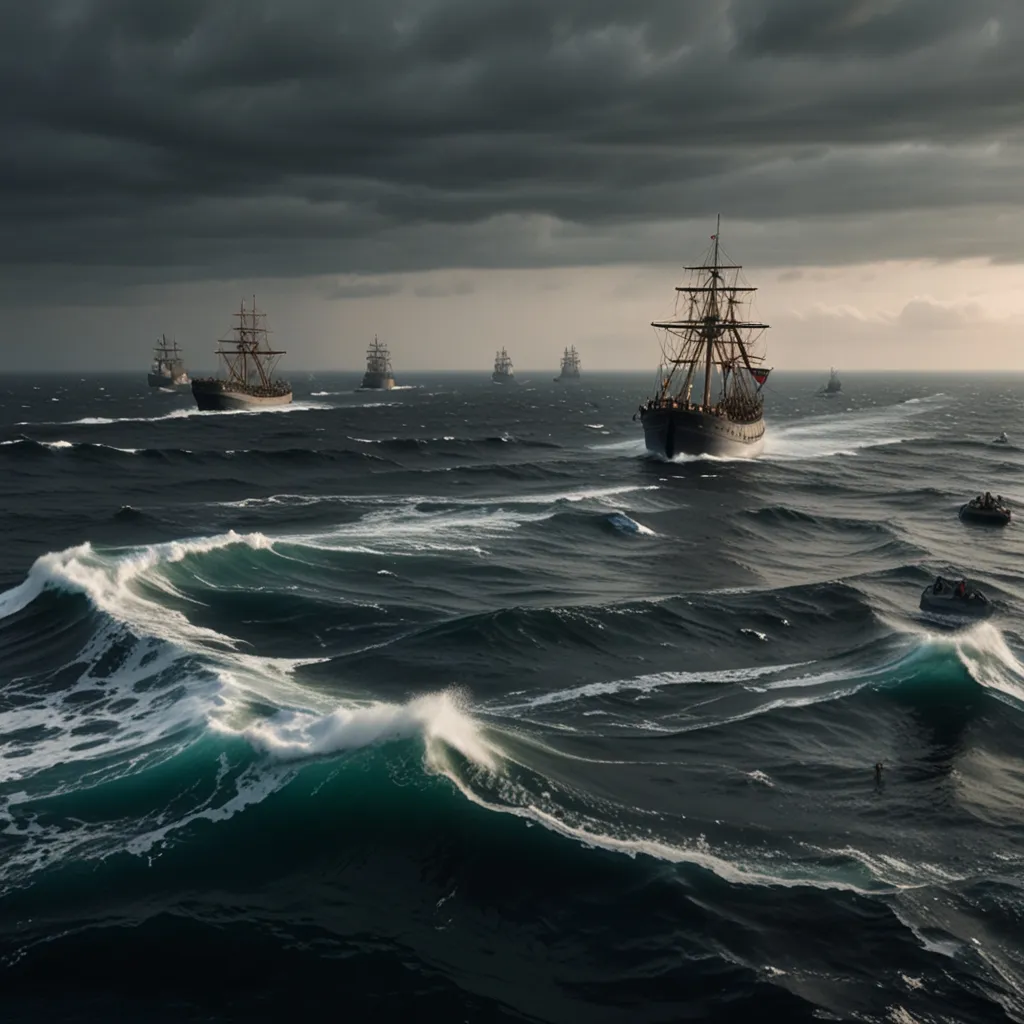Great Britain and Norway both sit atop vast reserves of oil in the North Sea, but this stroke of luck has yielded wildly different outcomes for them. Norway has turned its resources into sustained wealth, while the UK has faced mixed results.
Before the 1960s, oil in the North Sea was almost thought of as a myth. The waters were treacherous, and the technology didn’t exist to successfully tap into those hidden reserves. It wasn’t until the Dutch stumbled upon vast fields of natural gas in the late 50s that experts began to believe there was more to be found in the North Sea.
The first major oil strike came in 1969 on the Norwegian side, followed by a significant discovery in the British sector just a year later. For both countries, this presented a golden opportunity, but their approaches to managing this newfound wealth couldn’t have been more different.
Norway took its time. Their stable political landscape allowed them to patiently manage the oil rush. The government was savvy, only allowing partial private ownership of oil wells and creating their own state-owned company to compete. They heavily taxed oil profits and funneled that money into investments rather than spending it all at once. This led to the establishment of a sovereign wealth fund in 1990, now the world’s largest, sitting at more than a trillion dollars.
On the flip side, Britain, under Prime Minister Margaret Thatcher in 1979, spent the oil money on immediate reforms. Thatcher’s government initiated extensive privatization and reduced income taxes significantly, which helped revive the economy in the short term. However, once oil revenues dipped, the boom was unsustainable, leading to economic instability.
In essence, Norway invested its way to long-term prosperity, while the UK opted for short-term economic fixes. As a lesson, Norway’s strategy demonstrates the power of smart investing and the importance of planning for the future.
The contrast between these two countries’ experiences serves as a reminder of the importance of strategic thinking and investment, especially when dealing with finite resources. Norway sets a gold standard in resource management, proving that patience and smart policies can turn a temporary windfall into enduring wealth.






